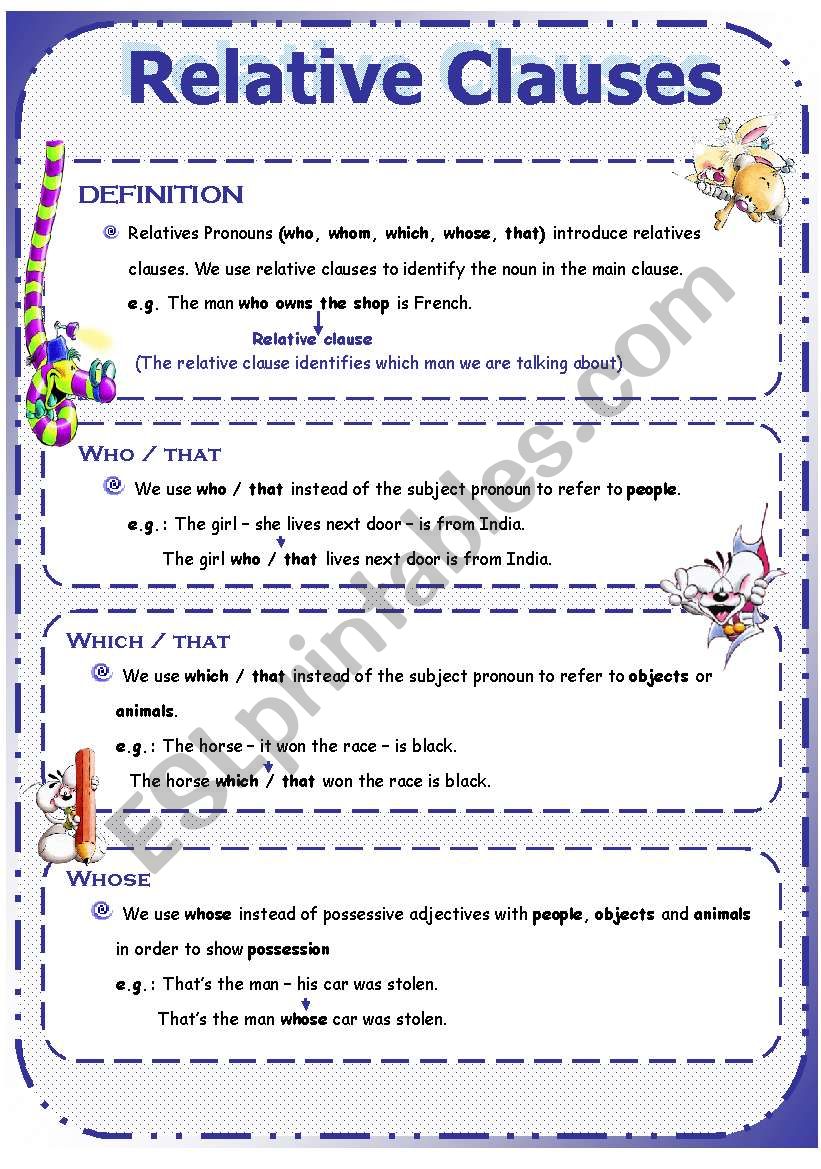¡Órale! 24+ Verdades reales que no sabías antes sobre Noun Clause Examples! The text who wants the presidency so much that he will spend …
Noun Clause Examples | 14.10.2021 · simply put, a noun clause is a dependent clause that takes the place of a noun in the sentence. Explore how they function and some examples to help you understand how to properly use them. Do you know what noun phrases are? 08.07.2019 · a noun clause functions as a noun in the sentence, as in, that looks delicious. A few identifiers will help you locate a noun clause in a sentence.
Remember that a noun … By breaking down the sentence into simpler parts, you can find noun clauses easily. 08.07.2019 · a noun clause functions as a noun in the sentence, as in, that looks delicious. The albert team last updated on: Explore how they function and some examples to help you understand how to properly use them.

How to identify a noun clause. 08.07.2019 · a noun clause functions as a noun in the sentence, as in, that looks delicious. In each of these examples, the italicized noun clause is performing the action of the sentence, functioning as the subject. Explore how they function and some examples to help you understand how to properly use them. A few identifiers will help you locate a noun clause in a sentence. Remember that a noun … Cathy loves the weekends in the country. (i.e., who is the subject of wants, and he is the subject of will spend.) so, surely, the bolded text must be a noun clause not a noun phrase? The cup fell and broke. Noun clauses contain a subject and a verb but they cannot stand … Relative clauses are dependent clauses that modify or give more information about a noun in the independent clause. Common noun examples in the following sentences are in bold for easy identification. Noun clauses often begin with one of (but not only) these words:
A few identifiers will help you locate a noun clause in a sentence. Noun clauses contain a subject and a verb but they cannot stand … A dependent clause is a phrase that can't stand on its own as a complete sentence. Do you know what noun phrases are? I want some of whatever she's having.the clause functions as a noun in the sentence (it could be replaced by a noun or noun phrase, such as that cake), contains a subject (she) and a verb (is having) but cannot stand on its own.some signal words for dependent noun clauses include …
Cathy loves the weekends in the country. Dependent clauses add meaning to independent clauses in a variety of ways by acting like adjectives, adverbs, or nouns. There are three types of subordinate, or independent, clauses: Relative clauses are dependent clauses that modify or give more information about a noun in the independent clause. 14.10.2021 · simply put, a noun clause is a dependent clause that takes the place of a noun in the sentence. (i.e., who is the subject of wants, and he is the subject of will spend.) so, surely, the bolded text must be a noun clause not a noun phrase? A few identifiers will help you locate a noun clause in a sentence. The text who wants the presidency so much that he will spend … By breaking down the sentence into simpler parts, you can find noun clauses easily. A noun clause is a dependent (or subordinate clause) that works as a noun.it can be the subject of a sentence, an object, or a complement.like all nouns, the purpose of a noun clause is to name a person, place, thing, or idea. Noun clauses contain a subject and a verb but they cannot stand … In each of these examples, the italicized noun clause is performing the action of the sentence, functioning as the subject. How to identify a noun clause.
Noun clauses often begin with one of (but not only) these words: Noun clauses contain a subject and a verb but they cannot stand … The noun clause is a clause that functions like a noun in the sentence. Explore how they function and some examples to help you understand how to properly use them. It is rare to find a noun functioning by itself.

I want some of whatever she's having.the clause functions as a noun in the sentence (it could be replaced by a noun or noun phrase, such as that cake), contains a subject (she) and a verb (is having) but cannot stand on its own.some signal words for dependent noun clauses include … Relative clauses are dependent clauses that modify or give more information about a noun in the independent clause. Dependent clauses add meaning to independent clauses in a variety of ways by acting like adjectives, adverbs, or nouns. Noun clauses often begin with one of (but not only) these words: If a dependent clause can stand in for a person, place, or thing, then it's a noun clause. The cup fell and broke. Common noun examples in the following sentences are in bold for easy identification. John is a proper noun, since the word john represents a particular, … It is rare to find a noun functioning by itself. The noun clause is a clause that functions like a noun in the sentence. Examples of noun phrases in normal writing, nouns nearly always feature in noun phrases. Remember that a noun … The albert team last updated on:
Noun Clause Examples! Common noun examples in the following sentences are in bold for easy identification.
0 Response to "¡Órale! 24+ Verdades reales que no sabías antes sobre Noun Clause Examples! The text who wants the presidency so much that he will spend …"
Post a Comment